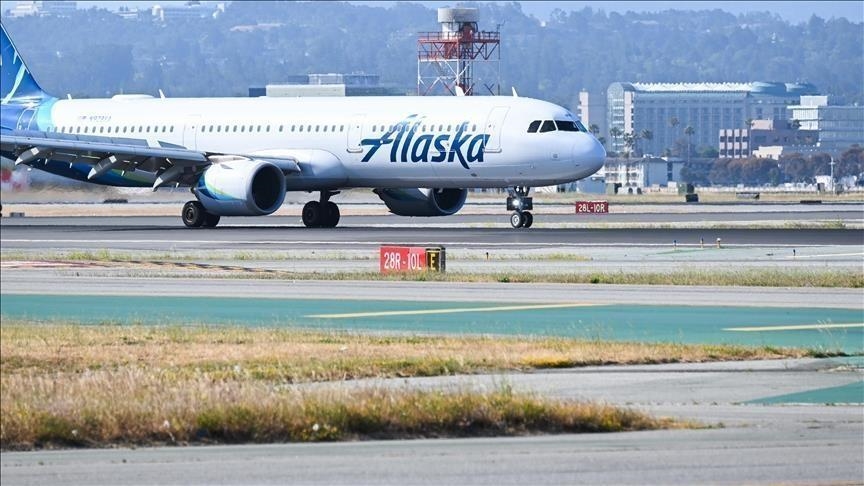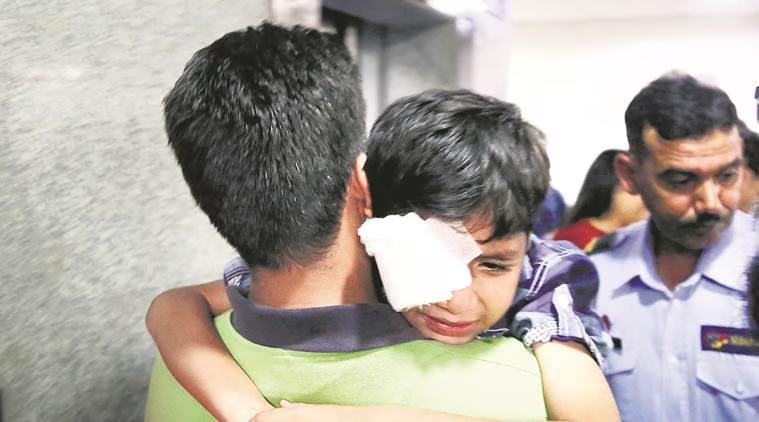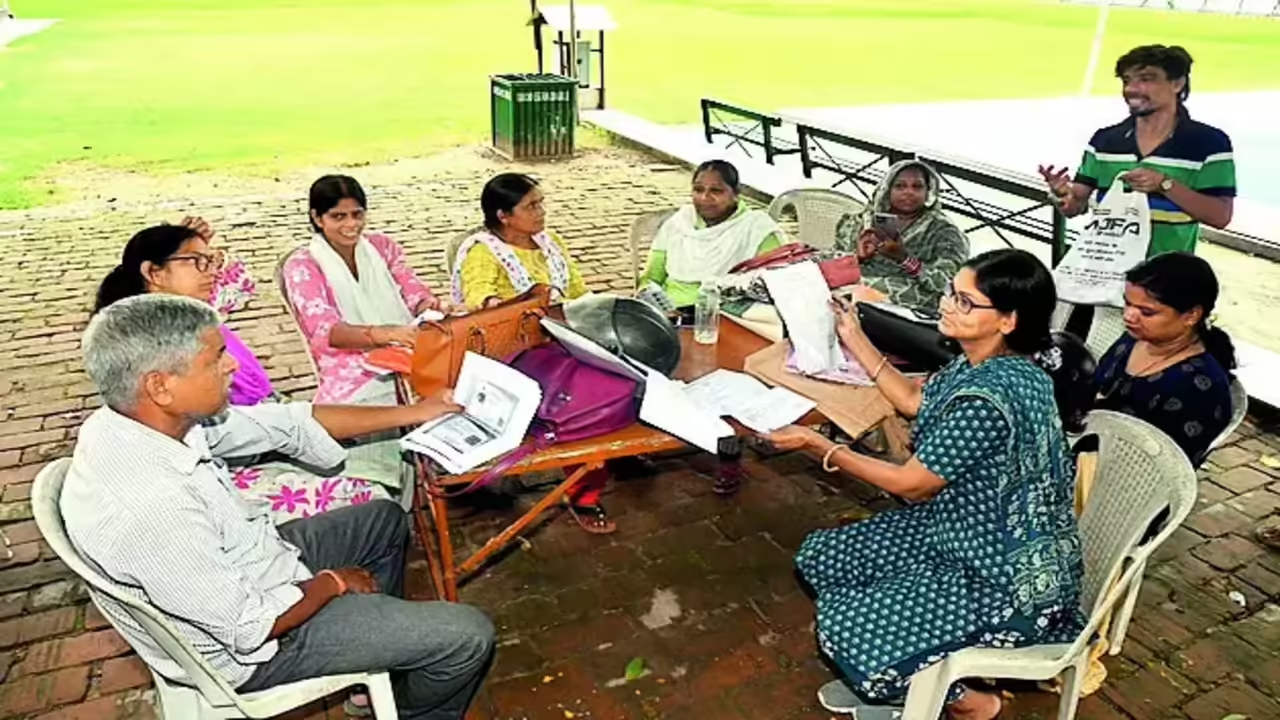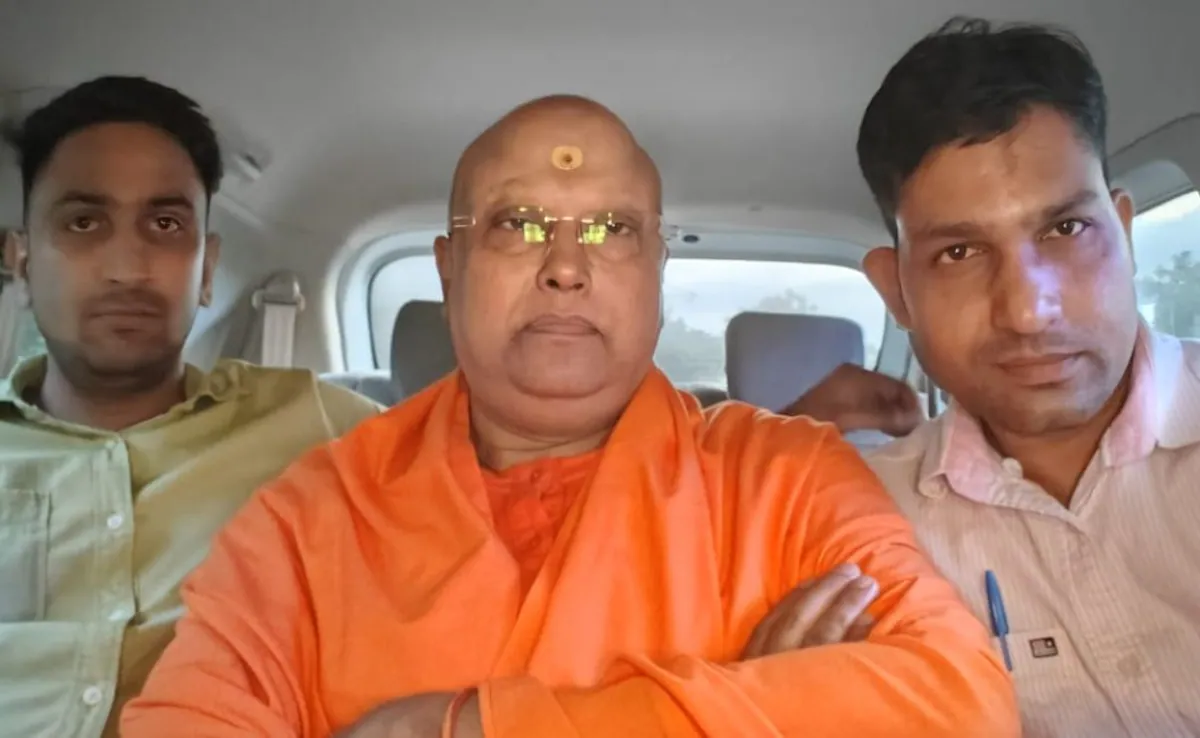Now Reading: Nine Workers Killed in Arch Collapse at Tamil Nadu Power Plant PM, State Announce Relief
-
01
Nine Workers Killed in Arch Collapse at Tamil Nadu Power Plant PM, State Announce Relief
Nine Workers Killed in Arch Collapse at Tamil Nadu Power Plant PM, State Announce Relief
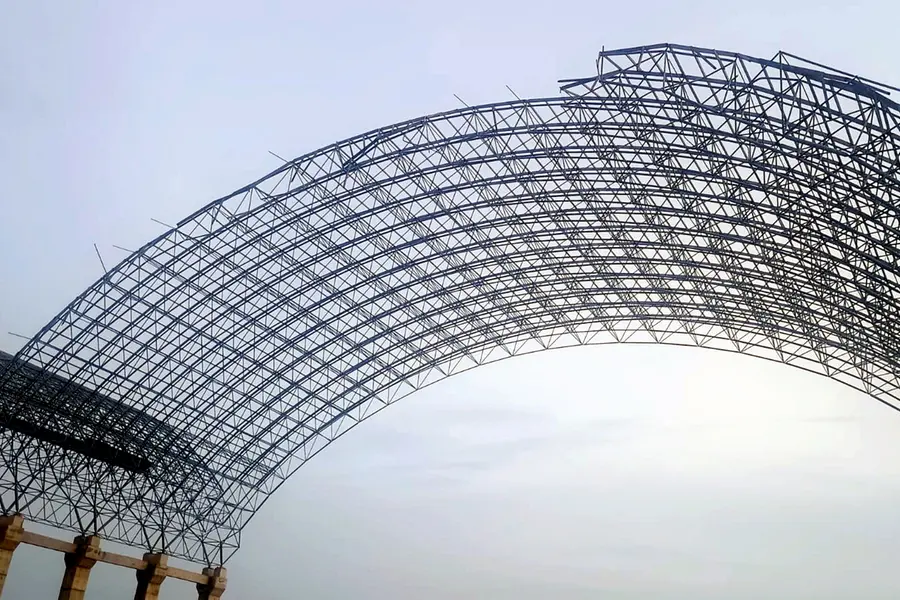
A construction tragedy struck near Chennai as an under-construction arch collapsed in a Tamil Nadu power plant, killing nine migrant workers and leaving several others injured. The incident has drawn national attention, prompting promises of compensation from both the central and state governments. In towns beyond the metros, where safety oversight is often weaker, this raises serious questions about accountability and worker protection.
What Happened
The collapse occurred at the power plant site in the Tiruvallur district, where work was underway on a metal structure at a considerable height. Reports suggest that the arch or overhead cover structure gave way, causing workers below to fall. Rescue teams rushed the injured to hospital, and authorities immediately launched an investigation into the cause and whether safety norms were breached.
Who Were the Victims
Most of the victims were migrant labourers, hailing from Assam, brought in for construction work. Their status as outsiders makes this incident especially stark — away from family, in unfamiliar territory, and exposed to risk. The workers reportedly complied with safety gear rules, according to authorities, but details are being verified.
Government Response and Relief Measures
The Prime Minister announced ex gratia payments to the families of the deceased and relief for the injured. The Tamil Nadu government also pledged compensation and directed officials to supervise ongoing rescue, medical care, and logistical arrangements. Senior officials from the state electricity board and related agencies have been asked to lead on-site efforts.
Accountability and Safety Gaps
This is not an isolated accident. In non-metro and rural construction zones, weak enforcement, subcontracting chains, and oversight gaps often put workers at risk. Questions now swirl around whether safety audits were done, structural integrity checks carried out, and whether contractors followed best practices. The investigation’s findings will be closely watched, especially for future preventive action.
Implications for Smaller Cities and Workers
In Tier-2 and Tier-3 cities, where large industrial or infrastructure projects are increasingly common, worker migration is frequent. Failures like this erode trust and highlight systemic negligence in safety regimes. Local authorities in smaller towns must ensure stricter inspections and empower local labor and safety agencies to act.
Conclusion
This tragedy is a stark reminder that development cannot come at the cost of lives. As compensation is announced and investigations proceed, what matters next is accountability and reform. For workers across India, especially those in smaller regions, stronger safety mechanisms and oversight are essential to prevent another such loss.








